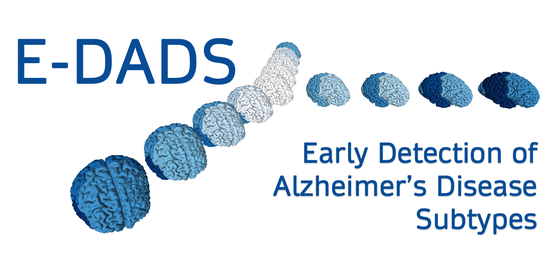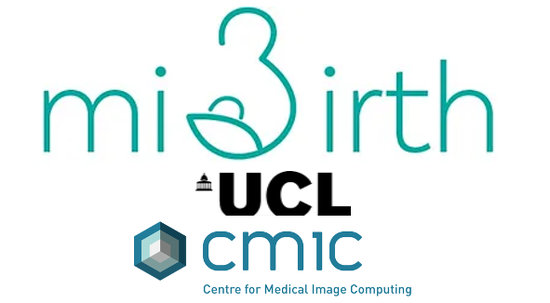UCL’s Progression Of Neurodegenerative Disease (POND) group develops new computational models and techniques for learning characteristic patterns of disease progression using large cross-sectional data sets. Our primary focus is on dementias caused by diseases such as Alzheimer’s, but our techniques have wider application to other diseases and developmental processes.
Some background reading on “POND modelling”:
- 2024 Review Paper in Nature Reviews Neuroscience: Data-driven modelling of neurodegenerative disease progression: thinking outside the black box.
- 2023 Hands-on Guide (including software URLs) for people who would like to learn: Data-Driven Disease Progression Modeling, a chapter in “Machine Learning for Brain Disorders” assembled by Olivier Colliot.
- 2017 Potted history of POND modelling: Imaging Plus X.
We are considering a broad approach to modelling disease progression, starting with Hubert Fonteijn’s work in NeuroImage 2012 on event-based models, and also exploring the possibility of determining causal links between events. Events constitute biomarker abnormality, which includes image-based biomarkers such as regional atrophy in the brain, as well as biomarkers such as levels of abnormal proteins in cerebrospinal fluid.
All the while, we ensure clinical relevance in the models through collaboration with the Dementia Research Centre at UCL’s Institute of Neurology.
UCL POND started with an EPSRC-funded project (see our projects for more details) and are coordinators of the EuroPOND (a Horizon 2020 project) and E-DADS (EU JPND) consortia.


